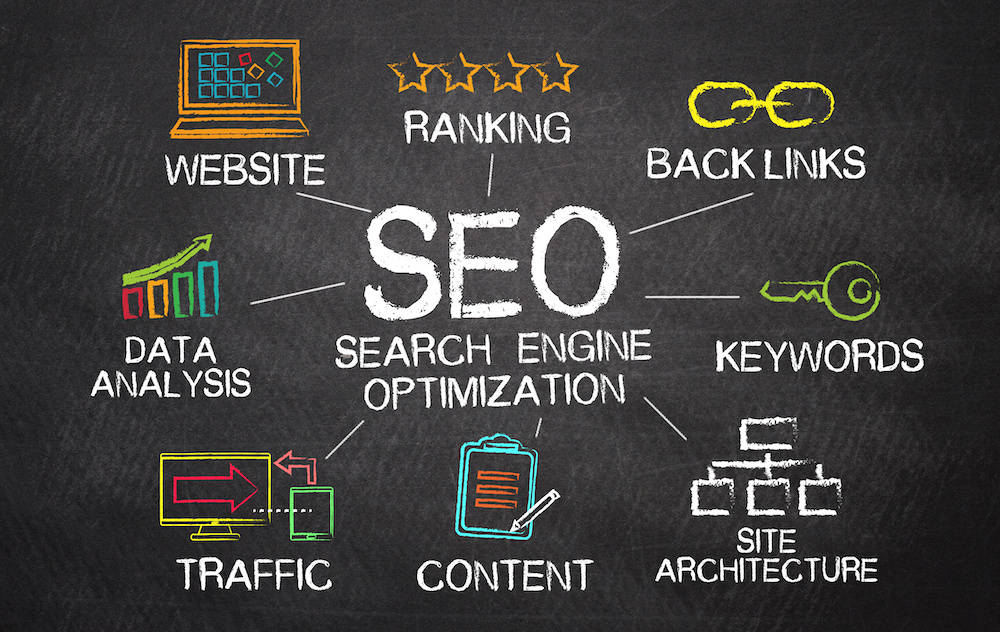Introduction to Consultant WIUFAMCTA JIVBCQU
In today’s rapidly changing business world, consultants play an increasingly important role in guiding organizations through uncertainty, innovation, and transformation. Among the emerging concepts in this field is the idea of Consultant WIUFAMCTA JIVBCQU, a term that reflects a new generation of consultancy characterized by adaptability, intelligence, and a futuristic approach to problem-solving. Unlike traditional consultancy models that focus primarily on predefined strategies, this new framework emphasizes flexibility, creativity, and digital integration.
Understanding Consultant WIUFAMCTA JIVBCQU is essential for companies that wish to thrive in an era where technology, global economics, and social expectations shift constantly. The approach combines analytical expertise with visionary thinking, enabling organizations to not only solve current problems but also anticipate future challenges.
The Concept Behind Consultant WIUFAMCTA JIVBCQU
The term Consultant WIUFAMCTA JIVBCQU suggests a unique form of consultancy that is more than just a professional service; it is an evolving philosophy of strategic advisory. Traditional consulting often revolves around delivering reports, recommending frameworks, and guiding implementation. By contrast, WIUFAMCTA JIVBCQU highlights adaptability and the integration of advanced tools such as artificial intelligence, big data analysis, and predictive modeling.
This model of consulting is not confined to a single industry. Instead, it is relevant to multiple domains—finance, healthcare, manufacturing, education, and digital services. The consultant who embodies WIUFAMCTA JIVBCQU principles is seen as a hybrid professional, combining technical expertise with strategic foresight.
Historical Evolution of Consultancy
To understand the relevance of Consultant WIUFAMCTA JIVBCQU, it is helpful to look at the history of consultancy. In the 20th century, consulting emerged as a profession focused on efficiency, organizational structure, and financial planning. Firms like McKinsey and Boston Consulting Group pioneered methodologies that emphasized systematic analysis.
As globalization and digital transformation gained pace, consulting expanded to include technology integration, risk management, and change leadership. Now, with concepts like WIUFAMCTA JIVBCQU, the next evolution has begun: consultants are expected to serve as not only analysts but also innovators, thought leaders, and digital architects.
Core Principles of WIUFAMCTA JIVBCQU
The Consultant WIUFAMCTA JIVBCQU framework emphasizes several core principles that define its uniqueness. At the center is adaptability—the idea that no two problems are the same, and therefore no single solution can be universally applied. Consultants working under this model craft customized strategies that respond to the specific context of each client.
Another principle is data-driven insight. In modern business, decisions can no longer rely solely on intuition; they must be backed by data and advanced analytics. Consultants with WIUFAMCTA JIVBCQU expertise use predictive tools to forecast outcomes and simulate scenarios.
Collaboration also plays a key role. Rather than operating as external advisors who remain distant from the company, these consultants immerse themselves within the organizational culture, working alongside internal teams to foster innovation and build sustainable solutions.
Applications Across Industries
The impact of Consultant WIUFAMCTA JIVBCQU can be seen across diverse industries. In healthcare, such consultants help organizations harness digital health tools, streamline patient care processes, and implement predictive models for resource management. In finance, they develop strategies to manage digital transactions, cybersecurity risks, and regulatory compliance.
In manufacturing, the consultant applies principles of automation, lean management, and smart factory technology to increase efficiency. Educational institutions benefit as well, using consultants to design digital learning ecosystems, integrate artificial intelligence into classrooms, and prepare for the challenges of future pedagogy.
Even government agencies and non-profit organizations adopt WIUFAMCTA JIVBCQU strategies to improve service delivery, build resilience, and increase accountability.
The Role of Technology in WIUFAMCTA JIVBCQU
Technology is at the heart of Consultant WIUFAMCTA JIVBCQU. Unlike traditional consultants who may rely primarily on human judgment, this model integrates artificial intelligence, machine learning, and automation into consulting practices. For instance, consultants might deploy data models that predict consumer behavior, identify market risks, or optimize supply chain networks.
Digital collaboration tools also enhance the consulting process, allowing teams to work across global boundaries with speed and efficiency. Cybersecurity, blockchain, and cloud computing are other technological areas where these consultants provide valuable expertise.
By embracing these tools, the WIUFAMCTA JIVBCQU consultant becomes not only an advisor but also a digital innovator, reshaping how organizations operate in the digital age.
Challenges Faced by WIUFAMCTA JIVBCQU Consultants
Although the concept of Consultant WIUFAMCTA JIVBCQU is promising, it is not without challenges. One of the most significant hurdles is the rapid pace of technological change. Consultants must constantly update their knowledge and tools to remain relevant.
Another challenge lies in organizational resistance. Companies accustomed to traditional methods may find it difficult to adapt to futuristic models. Building trust, demonstrating value, and ensuring smooth transitions are critical tasks for these consultants.
Furthermore, ethical issues around data privacy, artificial intelligence, and digital surveillance create additional complexities. WIUFAMCTA JIVBCQU consultants must navigate these challenges responsibly, ensuring that innovation does not compromise ethical standards.
The Future of Consulting Through WIUFAMCTA JIVBCQU
The future of consultancy is likely to be heavily influenced by the Consultant WIUFAMCTA JIVBCQU framework. As industries become increasingly interconnected, and as digital ecosystems expand, organizations will demand more from their advisors. Consultants will no longer be viewed simply as external problem solvers but as integral partners in innovation and long-term success.
We can expect to see even greater emphasis on interdisciplinary expertise, where consultants combine knowledge of economics, technology, psychology, and sustainability to craft comprehensive strategies. The consultant of the future, guided by WIUFAMCTA JIVBCQU, will be a blend of strategist, technologist, and visionary.
Cultural and Ethical Impact
A deeper dimension of Consultant WIUFAMCTA JIVBCQU is its cultural and ethical impact. By encouraging collaborative problem-solving, these consultants foster inclusive workplaces that value diversity of thought. They also play an important role in guiding organizations toward sustainable practices, ensuring that business growth does not come at the cost of social or environmental responsibility.
Ethical leadership becomes a cornerstone of this model. Consultants are expected to uphold transparency, fairness, and accountability, influencing not only organizational performance but also society at large.
Conclusion
The rise of Consultant WIUFAMCTA JIVBCQU marks a transformative chapter in the history of consulting. By blending adaptability, technology, data-driven insights, and ethical responsibility, this model redefines what it means to be a consultant in the 21st century. It demonstrates that success in modern business requires more than just technical expertise; it demands vision, collaboration, and an ability to embrace change.
Whether in healthcare, finance, manufacturing, or education, the consultant guided by WIUFAMCTA JIVBCQU principles stands as a vital partner in shaping the future. Organizations that embrace this model will not only survive in an unpredictable world but thrive in it, unlocking opportunities that were once beyond imagination.
FAQs
What is Consultant WIUFAMCTA JIVBCQU?
Consultant WIUFAMCTA JIVBCQU refers to a modern consulting model that emphasizes adaptability, data-driven insights, and integration with advanced technology to solve complex business challenges.
How does WIUFAMCTA JIVBCQU differ from traditional consulting?
Unlike traditional consulting, which often relies on predefined strategies, this model focuses on flexibility, collaboration, and predictive analytics for tailored solutions.
Which industries benefit most from WIUFAMCTA JIVBCQU consultants?
Industries such as healthcare, finance, manufacturing, education, and government gain significant value from adopting this model due to its focus on digital transformation.
What challenges do WIUFAMCTA JIVBCQU consultants face?
Challenges include keeping up with rapid technological change, overcoming organizational resistance, and addressing ethical concerns around data and digital systems.
What is the future outlook for Consultant WIUFAMCTA JIVBCQU?
The future is promising, with this consulting model expected to become a cornerstone of global business strategy, blending technology with visionary leadership.




